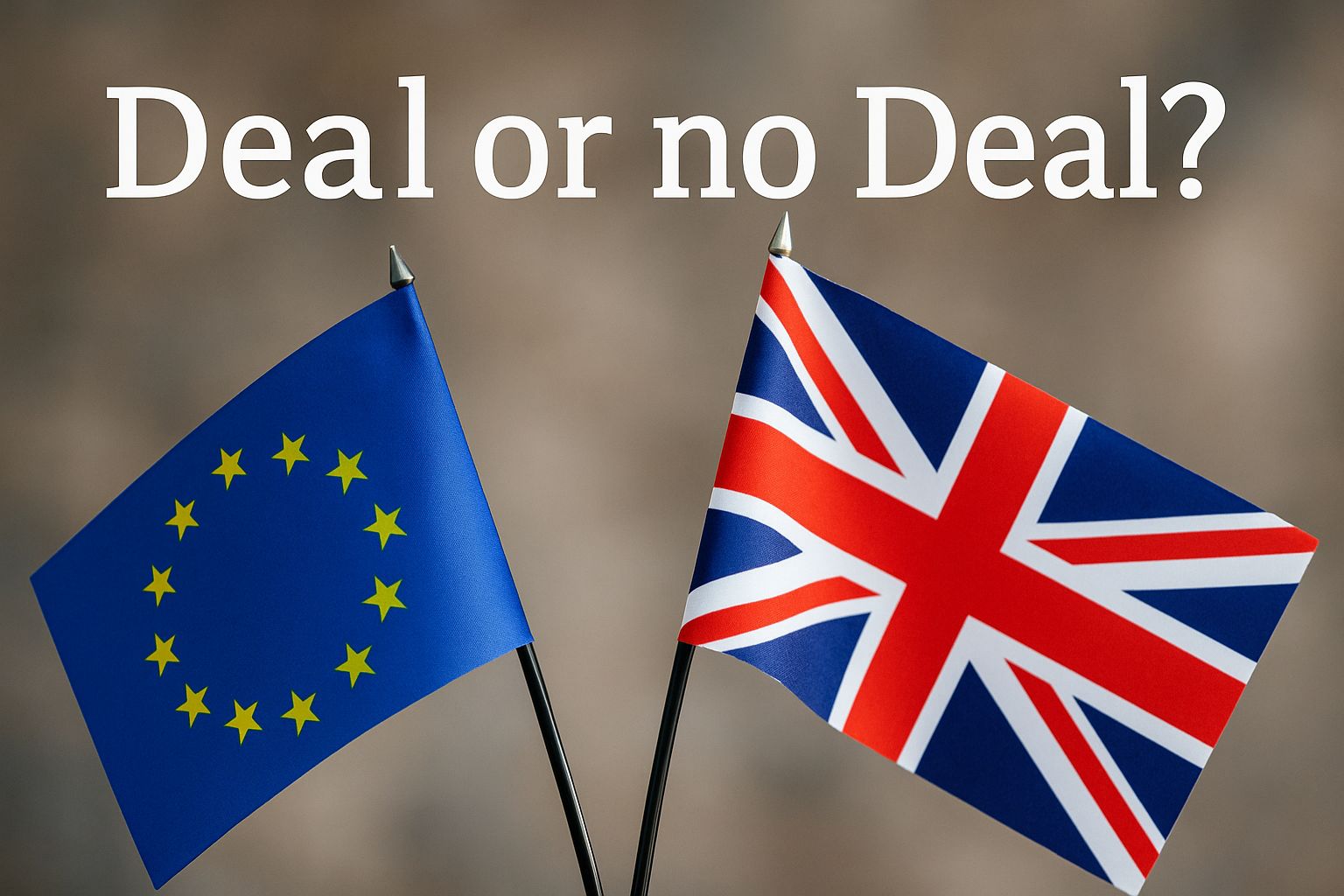Visa Stock Analysis: Is Visa a Strong Opportunity Ahead of Q4 Earnings?
$325.48
28 Jan 2026, 19:25

AI

New agreement promises smoother trade, travel and cooperation five years after Brexit officially took effect
Five years after Brexit came into force, the UK and EU have signed a new trade reset deal, aiming to ease post-Brexit tensions and simplify cross-border cooperation. The agreement follows six months of negotiation under Prime Minister Sir Keir Starmer, fulfilling his promise to rebuild UK-EU relations.
Here’s a breakdown of what’s included in the landmark deal:
1. Easier Travel and Movement
eGates:
British passport holders will now be able to use more eGates at EU airports, reducing long queues at border control – a common post-Brexit frustration.
Pet Travel:
Pet passports are back, meaning cats and dogs from the UK will no longer require expensive animal health certificates for EU travel. This simplifies holidays for pet owners travelling between the UK and Europe.
2. Reduced Red Tape on Food and Drink Trade
A new Sanitary and Phytosanitary (SPS) deal will drastically cut bureaucracy for UK-EU food and agricultural trade:
3. Fishing Rights and Investment
The existing fishing agreement from 2020 is extended for 12 years, maintaining current quotas:
4. Defence and Security Cooperation
A new partnership enables UK defence firms to join the EU’s £150 billion Security Action for Europe (SAFE) programme, protecting thousands of UK jobs. Other measures include:
5. Environmental and Energy Measures
Carbon Tax:
Closer alignment of the UK and EU emissions trading schemes will prevent UK firms from facing a proposed EU carbon tax—saving British industry an estimated £800 million.
Steel:
New protections will shield UK steel exports from incoming EU tariffs, potentially saving the industry £25 million annually.
Electricity:
Discussions are underway about UK involvement in the EU’s internal electricity market, including participation in trading platforms.
6. What’s Still to Come?
Several areas remain under negotiation:
A Pragmatic Step Forward in UK-EU Relations
The Brexit reset trade deal marks a turning point in UK-EU cooperation, offering practical solutions to many of the disruptions experienced since the UK left the bloc. While it stops short of full single market access, it reflects a renewed willingness to work together on trade, travel, security, and sustainability.
With several key issues—like youth mobility, migration, and energy access—still under discussion, this agreement lays the groundwork for deeper collaboration and a more stable future between the UK and its closest neighbours.
Sources: (SKY.com)